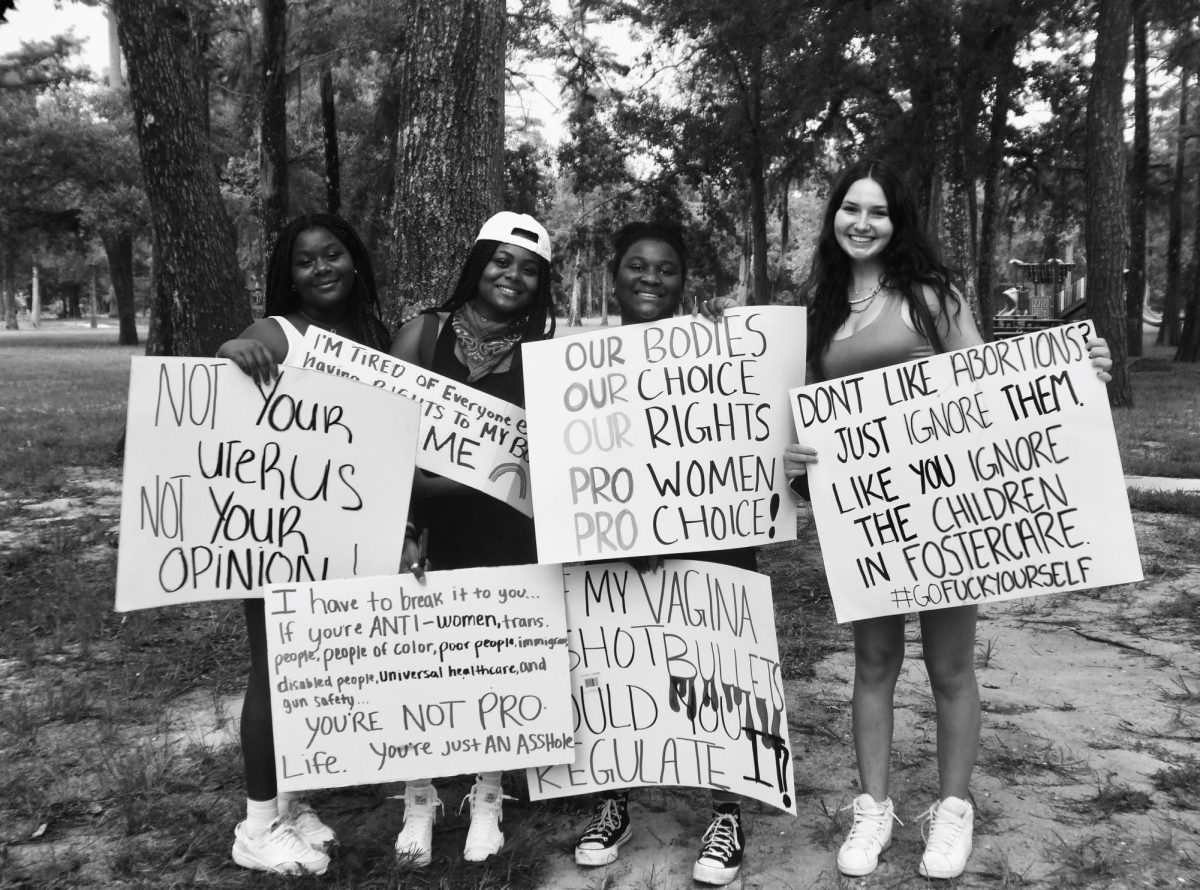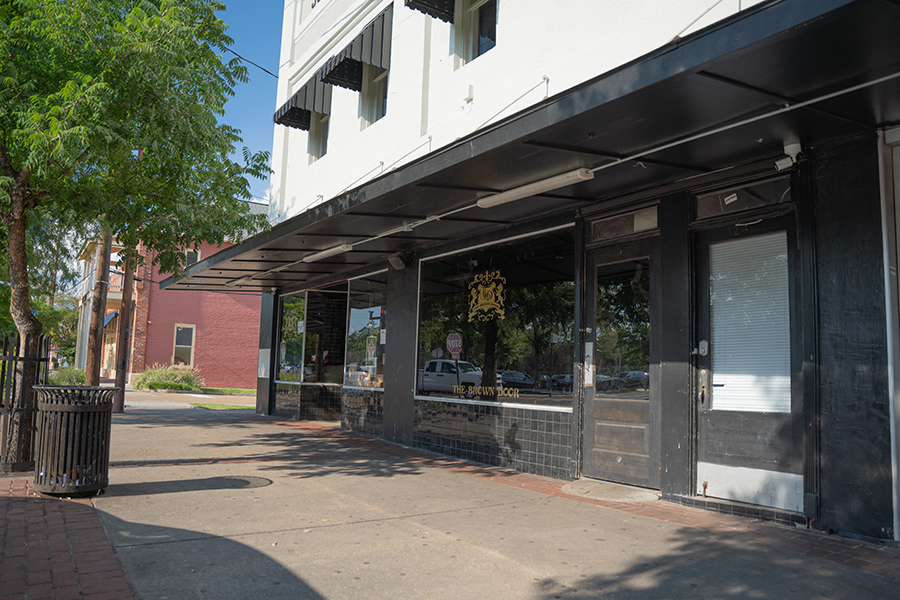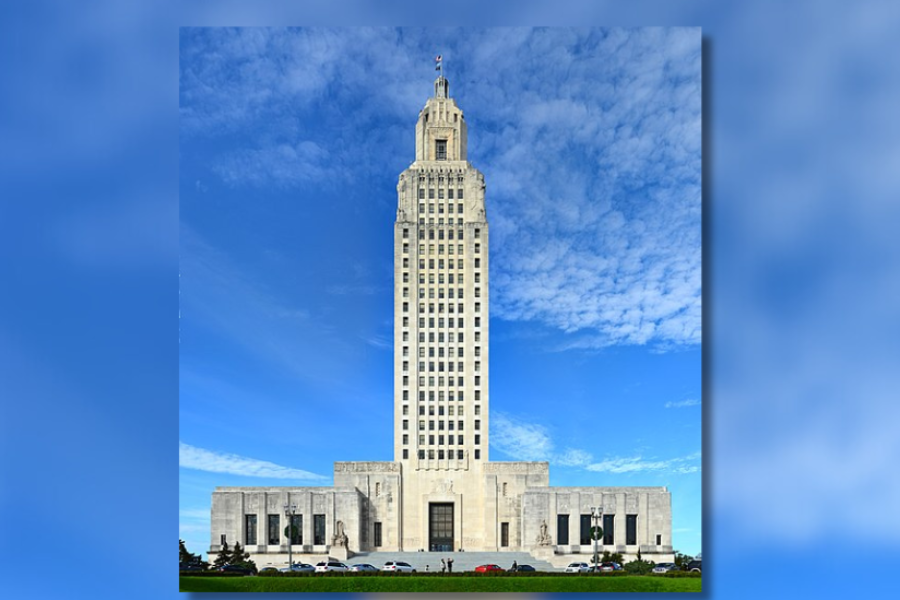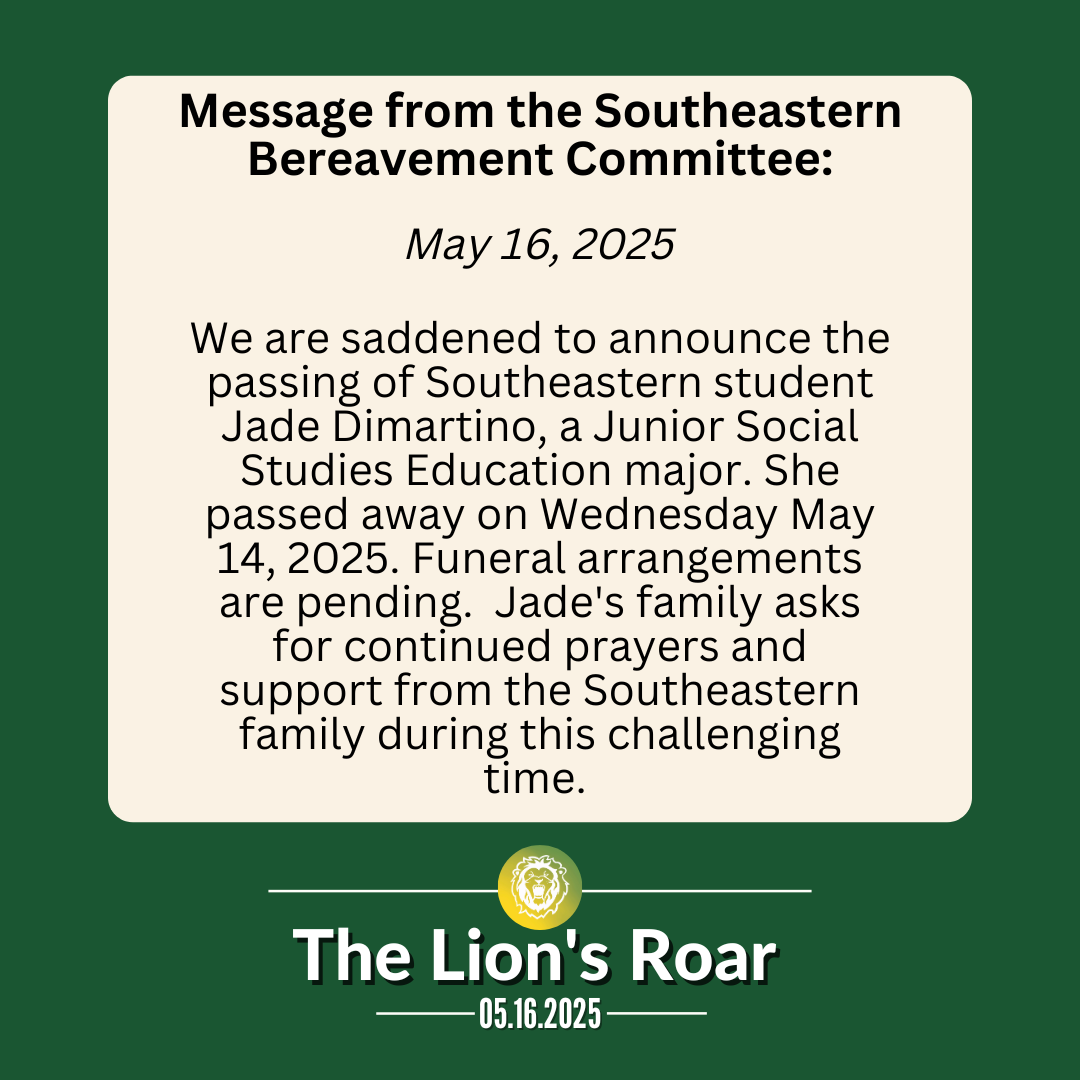It’s been a little over a year since the U.S. Supreme Court made history by overturning Roe v. Wade. This Supreme Court decision protecting a woman’s right to an abortion was originally handed down on Jan. 22, 1973.
Following this decision, new abortion legislation was and continues to be introduced, impacting citizens greatly.
As of now, over 20 out of the 50 states have criminalized or restricted most abortions. It is expected that about half of the states will outlaw or authorize restrictions on the procedure. Until this possible ban, abortion is legal in 25 states, with five states having attempted to block it, as reported by the New York Times.
Restrictions can include viability, gestational limits and consent laws. Currently 36 states allow access to the two-drug regimen in some form; medication abortion is legal in 21 states and restricted in the remaining 15, according to NBC.
Access to clinics that allow abortion procedures has plummeted in the wake of the 2022 ruling. In the past year, at least 61 medical facilities and doctors’ offices have stopped providing abortion services.
In Louisiana, the abortion clinics in Baton Rouge, Shreveport and New Orleans put a halt on abortive procedures hours after the Supreme Court’s decision, as stated in the Louisiana Illuminator. The only permitted scenario within the state for receiving an abortion is if the life of the pregnant woman is at risk, with no exceptions for rape or incest. Women in the state who need abortions now have to travel an average of 1,900 miles for care, according to the New Orleans Abortion Fund, which helps people pay for and access abortions out of state.
Michala Torres, a senior strategic communication major, said, “Moving forward, I think that if money is not going to go toward abortion care, then it should be funneled into the foster care system. There are about 4,000 children in the foster care system in Louisiana.”
On account of this decrease in resources for receiving a safe abortion, pregnant women, particularly those of color, are at greater risk of dying from maternal-related issues. The CDC described how the risk of pregnancy-related death is twice as high for American Indians, Alaska Natives and Black women compared to White women.
Stephanie Gabrie, a recent SLU alumna, shared, “As a woman of color and a woman in general, it is absolutely rancid if you ask me. I just feel like it’s a big slap in the face honestly. Where I’m from, women are not allowed to have abortions, and I used to have that option in the United States, but now we do not have the opportunity to do so. This impacted the way I saw how the U.S. treats its people.”
Along with the high mortality rates, unwanted pregnancies can cause detrimental long-term effects such as higher chances of economic hardship and a drastic drop in mental health.
From the viewpoint of senior English major Megan Meyer, “The post-Roe outlook has consisted of a lot of fear, especially in marginalized groups. Possibly the most jarring change for me has been the information surge from everyone trying to educate themselves and the feelings that come with that, like learning about the disparity in maternal care between White women and Black women.”
It is estimated by the CDC that about 700 women die every year in the U.S. due to pregnancy-related complications, and three in five of those deaths are preventable.
“The only way to secure a woman’s right to choose is for Congress to restore the protections of Roe as federal law,” said President Joe Biden after the overturn was in place. As a result of Biden’s concern, he issued an executive order on June 23, 2023, concerning the implementation of affordable, high-quality contraception and family planning services, as noted on The White House website. In addition, Biden said he intends to continue to engage in outreach and public education related to the overturn.
The many marches and riots that occurred after the original overturn still continue today. With each group of people marching for reproductive health care come protesters posted outside the remaining open Planned Parenthood locations in rebuttal.
Advocates for both sides marched at rallies in Washington D.C. a year after the official ruling, demonstrating their responses, either in scorn, or in praise. Neither side’s strong-willed devotees are expected to discontinue in the foreseeable future.
This sequence of events that resulted from the overturning of Roe v. Wade has not only affected laws relating to pregnancy, but also the rights to privacy, intimacy and medical care. Ultimately, it is important for people to not only be aware of the changes in law and access, but also recognize that these changes affect everyone.
If you are a woman facing an unplanned pregnancy, reach out to Planned Parenthood for help; although the organization can no longer provide abortions in the state, they can connect you with resources for safe and legal out-of-state abortion care.








